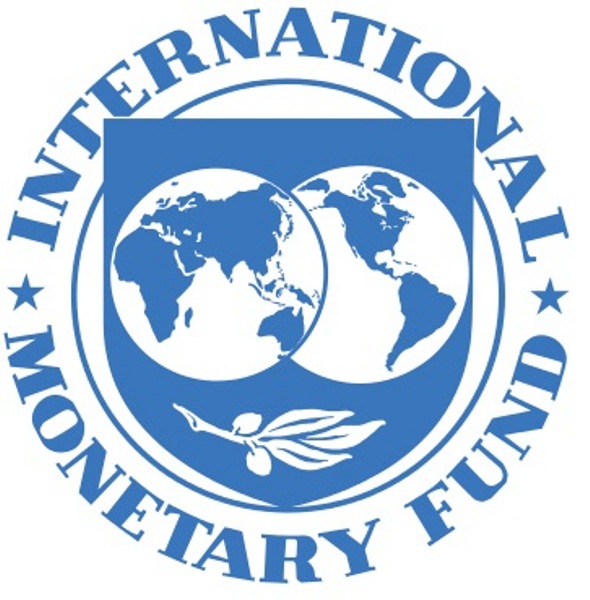

IMF Staff Concludes 2014 Article IV Mission to Madagascar
Africa November 11, 2014

ANTANANARIVO, Madagascar, November 11, 2014/African Press Organization (APO)/ — An International Monetary Fund (IMF) mission led by George Tsibouris, visited Madagascar during October 29−November 11, 2014 for the first Article IV consultation1 (since 2007), and to initiate discussions of a medium-term reform program that could be supported by an Extended Credit Facility (ECF) arrangement2. Discussions focused on recent economic developments, policy implementation, and prospects for further economic and structural reforms.
At the conclusion of the visit, Mr. Tsibouris, issued the following statement:
“There are early signs of an economic recovery, with growth at 3 percent and inflation at under 7 percent in 2014. Given still weak tax revenue collections, spending on high-priority areas, such as education and health, continues to be constrained. Budgetary pressures are intensified by the need to finance fuel subsidies, public enterprises (such as JIRAMA), and the under-funded civil service pension fund. Growing credit demand has prompted domestic interest rates to increase and has raised the cost of domestic budgetary financing, leading the government to increase statutory advances from the central bank. The current account deficit is projected to narrow to about 2 percent of GDP in 2014 (from 5½ percent of GDP in 2013) driven by growing mineral exports, and decreasing food and energy imports. The Ariary has depreciated by about 15 percent against the US dollar so far in 2014, while foreign exchange reserves of the central bank have dwindled somewhat.”
“In the medium term, the key challenge for Madagascar is to secure strong, sustainable, pro-poor growth to help reverse the deterioration in development indicators. The government has an important role to play in this process, through the scaling up of essential infrastructure, reforms to improve the business climate including governance, and enhanced social development policies. To meet Madagascar’s development needs and to preserve macroeconomic stability requires broadening the tax base, improving the quality and composition of public spending, and reinforcing anti-corruption institutions. The mission welcomes the authorities’ recent moves toward clearing domestic budgetary arrears and encourages them to proceed with the planned phased further reduction in fuel subsidies and to ensure the financial viability of public enterprises.”
“Monetary and financial sector reforms should include strengthening the capital base of the central bank and enhancing its oversight and independence. It will be important to ensure that the foreign exchange market is sufficiently liquid and reflects market conditions. In that context, the central bank should rebuild its international reserves.”
“The government’s reform program, laid out in the National Development Plan (NDP), will set a framework for robust growth and poverty reduction over the medium term. It is important to translate this framework into specific priorities and actions to enable the achievement of the government’s medium-term objectives.”
“The IMF’s Executive Board is expected to discuss the 2014 Article IV in January 2015. Discussions on a medium-term economic reform program that could be supported by an ECF arrangement will continue in the period ahead.”
“The mission met with President Hery Rajaonarimampianina, Prime Minister Roger Kolo, Minister of Finance and Budget Jean Razafindravonona and Minister of Economic Planning Herilanto Raveloharison, and Central Bank Governor Alain Rasolofondraibe, other senior government officials; members of the National Assembly; representatives of the private sector, civil society, and the development partners. The IMF team thanks the authorities for their constructive discussions and hospitality and reaffirms the IMF’s support to the government’s efforts to implement their economic reform program.”
1 Under Article IV of the IMF’s Articles of Agreement, the IMF holds bilateral discussions with members, usually every year. A staff team visits the country, collects economic and financial information, and discusses with officials the country’s economic developments and policies. On return to headquarters, the staff prepares a report, which forms the basis for discussion by the Executive Board. At the conclusion of the discussion, the Managing Director, as Chairman of the Board, summarizes the views of Executive Directors, and this summary is transmitted to the country authorities.
2 The ECF is the IMF’s main tool for medium-term financial support to low-income countries. Financing under the ECF currently carries a zero percent interest rate, with a grace period of 5½ years, and a maturity of 10 years.
Source: AFRICAWIN






